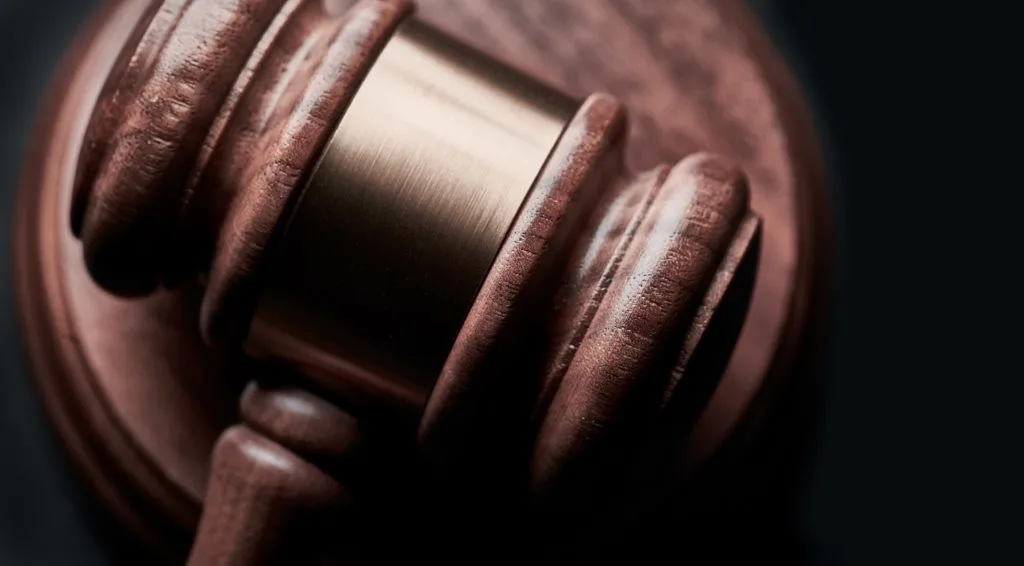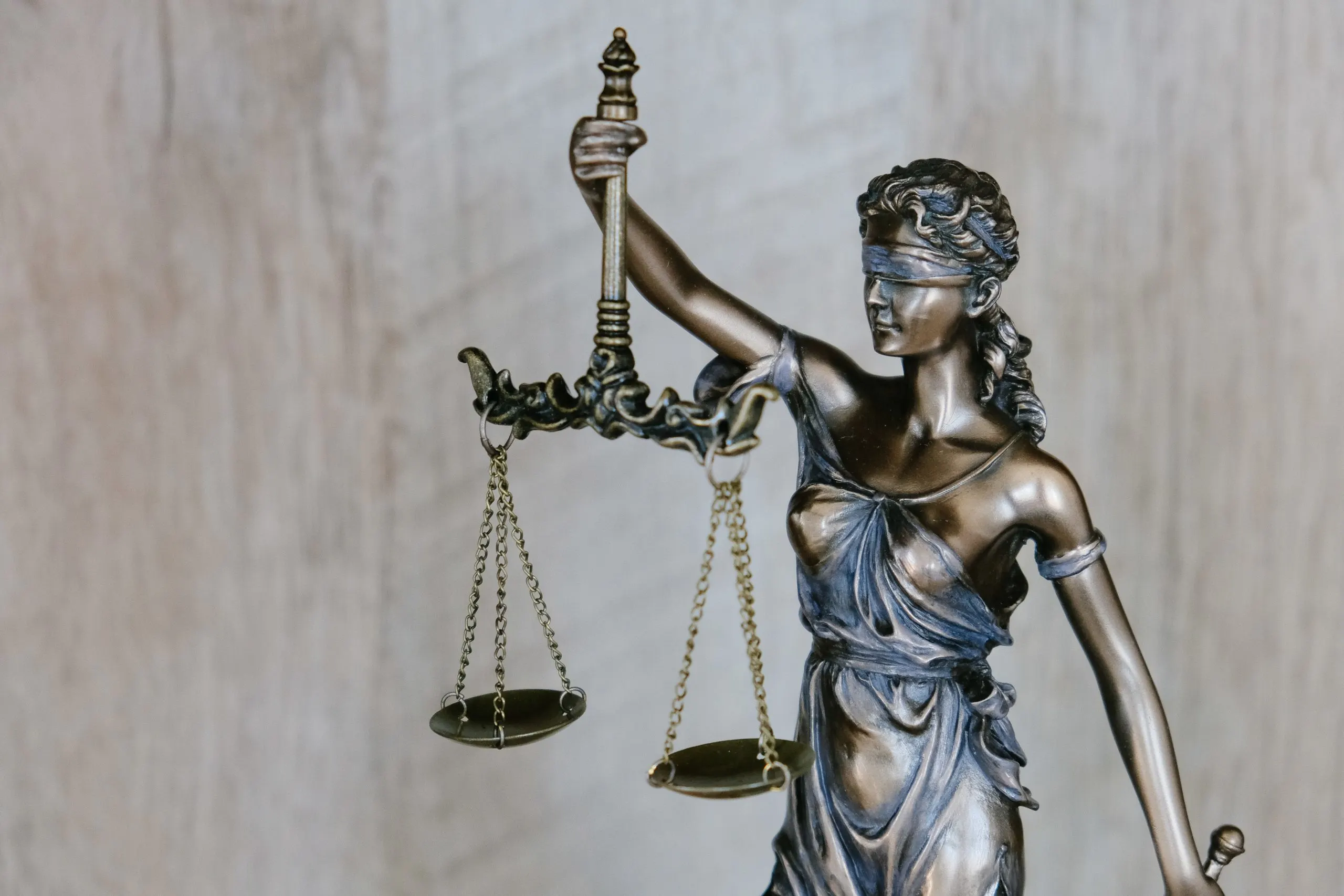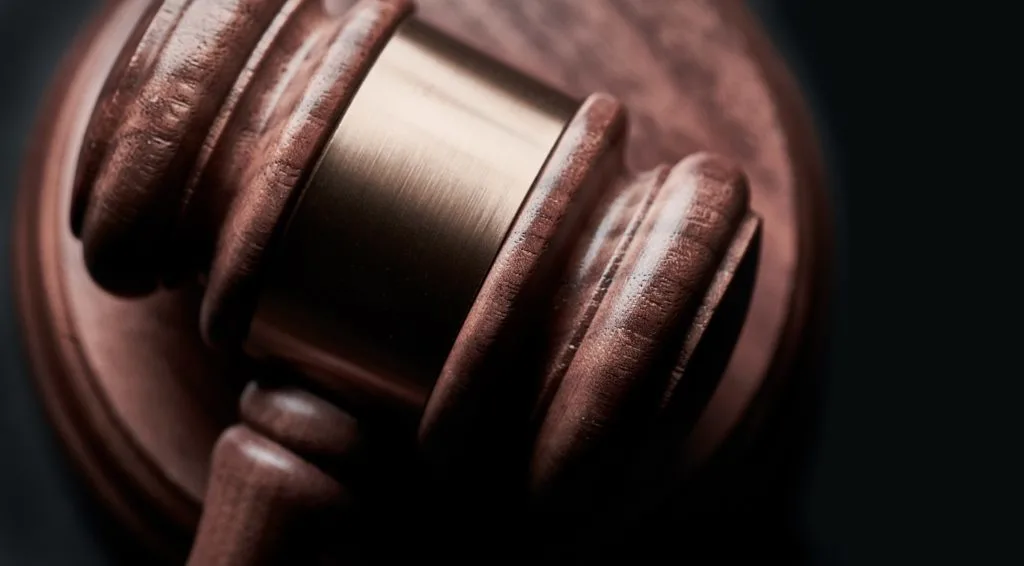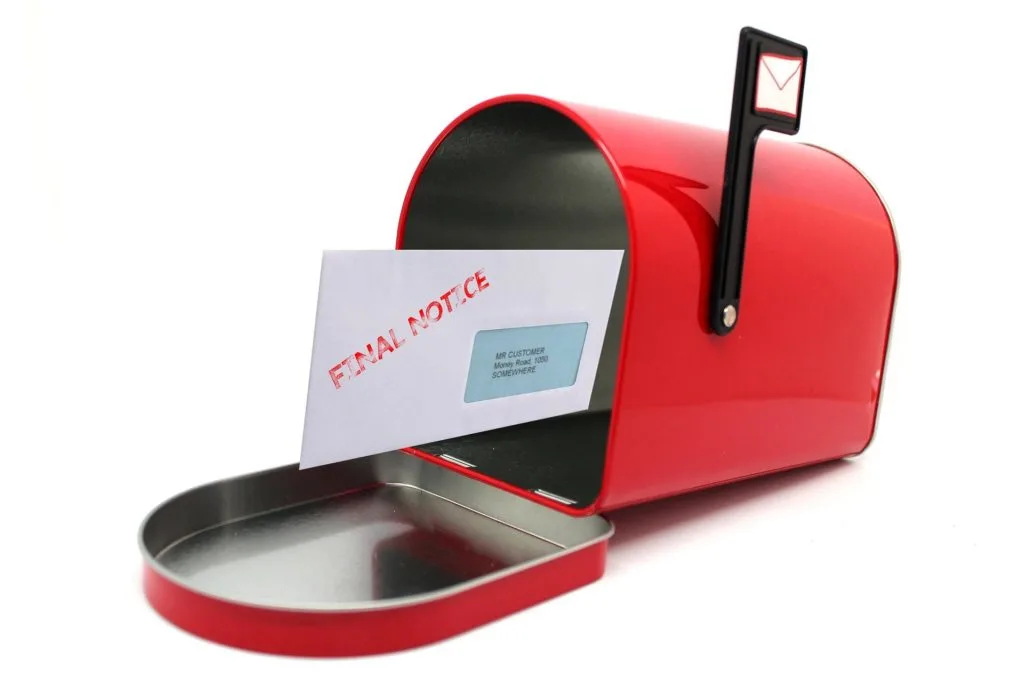An eviction lawyer can be a valuable resource if you’re facing a rental dispute in which your landlord is trying to kick you out.
Eviction is a stressful, time-consuming, and often costly process. But while eviction is a significant challenge, there are people, resources, and free guidance that can help you successfully manage the process or threat of eviction.
In this article, we’ll discuss the eviction process, what an eviction lawyer is, when you might need such an attorney, how to find an eviction lawyer, and other resources that will help you navigate the process.

What is eviction?
An eviction is a legal process in which a landlord removes a tenant from their rental property. Evictions are typically a result of violating a lease agreement, such as not paying rent, repeatedly making late rent payments, having too many people in a residence, using a business property as a residence, behavior that interferes with other tenants, and others.
While lease violations are the most common cause of evictions, other reasons may have nothing to do with your behavior. Such cases may be that your landlord wants to occupy the property for personal reasons, make big renovations, demolish the building you’re in or convert the rental property into a condominium or cooperative.

What is an eviction lawyer?
An eviction lawyer is a legal professional who specializes in advising and managing eviction cases, such as an eviction action. Depending on where you are and the complexity of your case, an eviction lawyer can cost you anywhere from $500 to $10,000 or even more.
Resolve the eviction
An eviction notice should not come as a surprise to tenants because a landlord is usually legally required to notify you that you must resolve the issues or face eviction. The timeframe of when a landlord must notify you varies from state to state and can range from a few days to a month.
If you’ve received notice that you may face eviction, you may have also received a notice to “cure or quit.” This notice means that you have a certain amount of time to rectify the issues — such as making late rent payments — before your landlord will evict you.

Know your rights
While you may feel powerless against a landlord, you have rights that cannot be violated as a tenant. The United States Department of Housing and Urban Development (HUD) has created a database of tenants’ rights in all 50 states, which you can look at here.
When you need an eviction lawyer
States and some cities have their own specific laws around rental properties, tenants, and landlords. Because the laws vary so widely, it never hurts to have a legal expert or eviction lawyer review your case if you can afford it.
Many tenant-landlord disputes, however, are minor and can be resolved with free resources and common sense. Carefully review the claim that your landlord is making and see if you can rectify the issues before you’re evicted. Ask for specifics and make sure the requests are in writing. Keep track of your correspondence and conversations with your landlord regarding the issues.
Know your rights as a tenant — noted in the section above — and review free legal resources. Check out FreeAdvice’s legal section for tenant-landlord disputes, Nolo’s resources on landlord-tenant laws, or find legal aid through the nonprofit Legal Services Corporation.
How to find an eviction lawyer
There are many resources through which you can find an eviction lawyer.
The American Bar Association’s Affordable Legal Services program helps connect low-income people to affordable legal services. The National Fair Housing Alliance works to fight housing discrimination and offers resources to find legal representation. The nonprofit Legal Services Corporation offers financial support for civil legal aid to low-income Americans and provides a tool to search for attorneys in your area. You can also find many other tenant-landlord law resources via LawHelp.org.
Find a free or low-cost eviction lawyer
The American Bar Association’s Affordable Legal Services offers connections to a variety of free or low-cost legal services. Check out this page on legal aid, pro bono services, and free legal answers here.

COVID-19 evictions
The COVID-19 pandemic has wreaked havoc on the U.S. and global economy. As a result, millions of Americans have lost not only loved ones but also their jobs and homes. In April 2021, more than a year after the pandemic began, more than 9.8 million Americans were still unemployed.
The Aspen Institute estimated in 2020 that between 30 to 40 million Americans are at risk of eviction. If economic and pandemic conditions do not change, the Aspen Institute reports that 29 – 43 percent of renter households could be at risk of eviction.

COVID-19 eviction moratorium
At the end of March, the Biden administration extended a federal moratorium — or temporary ban — on evictions of tenants who have fallen behind on their rent payments during the COVID-19 pandemic.
The moratorium — which was extended through the end of June — is intended to protect renters during the economic hardships of the pandemic as well as slow the spread of the disease. After all, you can’t abide by stay-at-home orders or properly socially distance yourself if you don’t have a home.
To be eligible for the eviction protection, single tax filers must earn $99,000 or less per year or $198,000 annually for couples filing their taxes jointly. You must also demonstrate that you’ve sought government help to pay the rent, declare that you’re unable to pay because of COVID-19 hardships, and affirm you’re likely to become homeless if evicted.
Legal battle with federal eviction moratorium
Here’s where it gets a little confusing.
The federal eviction ban is now facing legal challenges that might upend its goal of preventing evictions during the pandemic. On May 5, a federal judge said that the U.S. Centers for Disease Control and Prevention exceeded its authority when issuing the eviction ban and struck down the order.
The U.S. Justice Department is appealing the ruling and the judge issued a stay of the decision, which means that the moratorium will remain in place during the appeal process. In other words, the eviction moratorium is still in place for the time being but that may soon change.
State COVID-19 eviction moratoriums
While the federal eviction moratorium is in legal jeopardy, several states still have bans on evictions during the COVID-19 pandemic.
In total, 16 states have an eviction moratorium through at least the end of May. Nolo.com created a tracking database of the states with eviction bans and holds on utility shutoffs, which you can check out here.
In conclusion
While the eviction is a stressful, time-consuming, and expensive process, you can successfully navigate it to ensure a safe happy hope for you and your family.
We hope through this article that you’ve learned more about the eviction process, what an eviction lawyer is, when you might need such an attorney, how to find an eviction lawyer, and other resources that will help you navigate the process.

